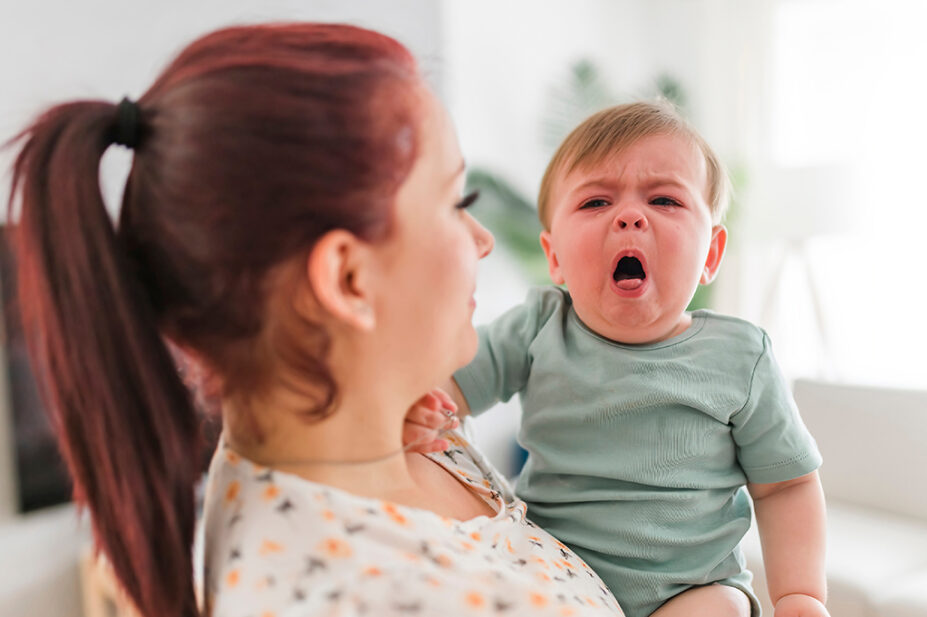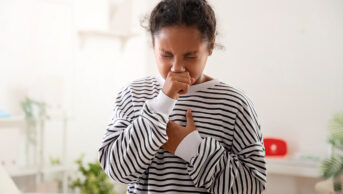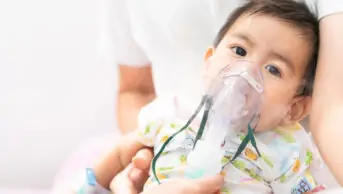
Shutterstock.com
More than 10,000 whooping cough cases have been reported in England during 2024, data published by the UK Health Security Agency (UKHSA) show.
The data, published on 8 August 2024, reveal there were 10,493 cases reported between January and June 2024, 2,427 of which were reported in June 2024.
The number of cases reported so far in 2024 peaked in May at 3,052.
Alongside the data, the UKHSA reported that cases in the second quarter of 2024 were “very high, exceeding those in any quarter of the last major 2012 outbreak year”.
Case numbers reported so far in 2024 have already exceeded the total number of cases in 2012, when 9,367 cases were reported.
More than half of cases (5,769) reported in 2024 were in people aged 15 years or older, while “high numbers (328) continue to be reported in babies [aged] under 3 months of age who are at greatest risk from the infection”, the UKHSA said.
A further 21.2% of cases were in children aged 10–14 years (2,226 cases) and 11.9% (1,253) in children aged 5–9 years.
Whooping cough is caused by the Bordetella pertussis bacteria and is characterised by violent coughing fits that sometimes end in a whoop-like gasp for breath.
Cases of the condition in England have significantly increased since 2023, when 858 cases were reported, with more than half of those recorded in the last three months of that year.
Vaccination rates for the disease have been in decline since 2018/2019, when the rates among children aged two years fell below the 95% target for the first time since 2009/2010.
Data for England show that only 45 of 149 local authorities achieved the target vaccination rate of 95% by every child’s second birthday in 2022/2023.
Latest uptake data for the vaccination offered to pregnant women to protect newborn babies against whooping cough also show a decline. Coverage in March 2024 was 58.9%, compared with peak coverage of 72.6% in March 2017, the UKHSA said.
Commenting on the surge in cases, Mary Ramsay, director of immunisation at the UKHSA, said: “Vaccination is the best defence against whooping cough and it is vital that pregnant women and young infants receive their vaccines at the right time.
“Pregnant women are offered a whooping cough vaccine in every pregnancy, ideally between 20 and 32 weeks. This passes protection to their baby in the womb so that they are protected from birth in the first months of their life when they are most vulnerable and before they can receive their own vaccines.”
Commenting on the data, Clare Livingstone, professional policy advisor at the Royal College of Midwives (RCM), said: “We are urging all pregnant women to protect their baby from whooping cough by getting vaccinated.
“The RCM has also called on all midwives to discuss this vital vaccine with the women in their care as part of their conversations about all vaccines that are recommended during pregnancy.”
On 22 May 2024, two serious shortage protocols were reactivated for the antibiotic clarithromycin, which is commonly used to treat whooping cough.
They were set to expire on 21 June 2024 but were extended until 19 July 2024.


